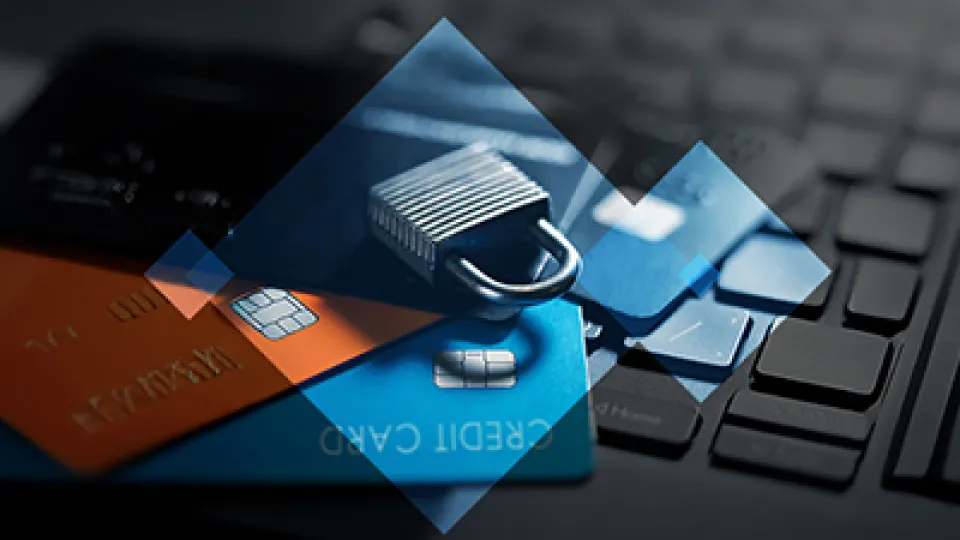Remote work and cultural shifts have led to a vital requirement for identity-first security to be addressed. While tools like multi-factor authentication (MFA) and single sign-on (SSO) have helped make sign-in processes more secure than simple usernames and passwords, attackers have long since figured out how to defeat them.
As Sun Tzu wrote in “The Art of War,” to know your enemy, you must become your enemy. Identity has become the new perimeter as cyber attackers seek to steal credentials and assume employee identities to gain access into corporate networks. Today, digital identity is now a critical part of cybersecurity as it is much more than an online identity.
What is Identity Security, and Why is it Important?
The best way to define identity security is to say that it is a comprehensive solution used to secure all identities used within an organization. It assumes that any identity, regardless of its hierarchy or location, whether it’s a device, application, remote worker, IT admin, or third-party vendor, could potentially gain privileged status and create an attack path to an organization’s critical assets.
Attack surfaces have grown considerably over the past year as an unprecedented number of people are now working remotely. This shift towards remote working has placed identity ‘at the center of security design’.
A comprehensive approach to identity security is to secure all identities, whether human or machine, during the cycle of accessing critical assets. This includes:
- Accurately authenticating every identity.
- Authorizing each identity with proper permissions.
- Providing access to privileged assets in a structured manner for a permitted identity.
- Auditing actions to ensure the process is sound.
Identity security is more important than ever before as the trend for digitalization continues to grow throughout almost every industry sector. While more businesses are embracing digitalization, cyber attackers are hard at work honing their skills and developing new approaches, thus broadening the threat landscape. One prime example is the recent SolarWinds digital supply chain attack that resulted from manipulated access through a compromised identity.
The Role that PKI Plays in Identity Security
MFA and SSO solutions can be easily thwarted by cybercriminals. Hackers continue to find ways to steal passwords or trick users into revealing them. Public key infrastructure (PKI)-based identity certificates are the strongest form of identity and do away with the need to remember, update, and manage passwords. PKI secures the user’s identity by means of digital signatures, thus enforcing robust identity and access security through certificate-based authentication and higher authentication assurance levels.
Implementing PKI certificate-based authentication provides much stronger protection, especially for those organizations that must now secure their remote workers. It also reduces the hassles that MFA can cause for users and IT admins. Because the identity certificate is stored directly on the digital device, a user is automatically authenticated without any action on their part.
Replacing Passwords with User Identity Certificates
PKI-based identity certificates provide stringer authentication than passwords because:
- The private key never leaves the client.
- The private key cannot be stolen when in transit.
- The private key cannot be stolen while in the service repository.
- It would take decades to decrypt the private key by brute force.
Users do not need to change passwords or enter usernames.
Replacing MFA with No-Touch Authentication
PKI-based digital identity certificates can be used to secure multiple use cases for remote authentication, including:
- Wi-Fi access
- Desktop as a Service (DaaS)
- VPN access
- Digital signatures
- Encryption
Digital PKI certificates are trusted because they must be issued through a certificate authority (CA) that must verify the user’s identity before issuing the certificate. A CA is a reputable and publicly trusted third party that is essentially the equivalent of a government agency that issues driver licenses or government IDs.
While setting up certificate authentication does take longer to set up than other authentication methods, it is significantly more secure and saves time in the long run. Once established PKI authentication certificates:
- Simplify the authentication process.
- Do away with careless password practices.
- Protect the organization from brute force and other password-related attacks.
- Make revocation of access easier when an employee leaves the organization.
- Helps the organization move toward achieving a zero-trust infrastructure
- Implement improved access controls.
To stay in accordance with many electronic signing regulations, digital certificates must be stored and protected on FIPS-compliant hardware security module (HSM).
Using PKI alongside Utimaco’s HSMs provides confidentiality, integrity, authenticity and non-repudiation of information, code and devices, acting as a trust anchor to protect data, digital identities and applications.
A variety of different implementations of digital identities are now taking place around the world, forcing organizations to recognize the importance of securing digital identities from anywhere, using any device, leading to efficiency, revenue, more control with an enhanced user experience.
Identity security is a core element of any robust security strategy. To find out how Utimaco can become an ideal fit for your business, visit Utimaco’s solutions for further information.
Blog post by Dawn Illing








